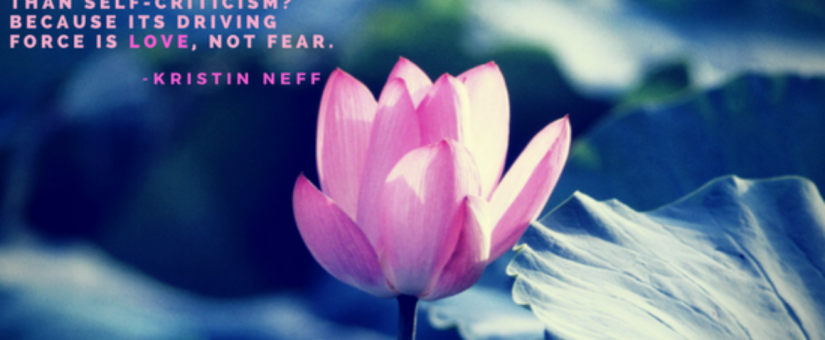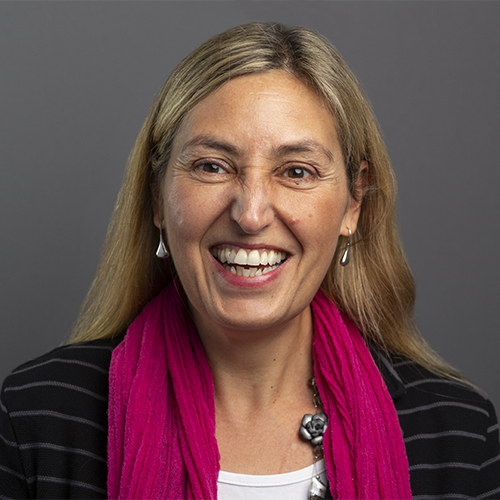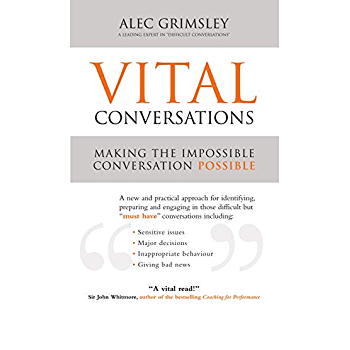
The 12 Days of Books #4 – Self-Compassion
- Posted by Liz Gooster
- 0 Comments
- books, Kristin Neff, positive psychology, self-compassion, self-development
Self-Compassion by psychologist Kristin Neff is one of those books I find myself recommending to others because I found it so useful myself. I’m conscious that I can be a tough self-critic and sometimes struggle to keep my imposter syndrome under control. Over my years as a coach, I’ve come to recognise that, since I am the instrument of my business, I have, if nothing else, a professional obligation to keep that instrument in good working order. A quote cited in the book really resonated with me.
“If one is cruel to himself, how can we expect him to be compassionate with others?’
Hasdai Ibn Shaprut, a 10th century Jewish scholar
This is like the notion, which I often quote, of putting your own oxygen mask on first in order to be able to better serve others.
Life is tough: accept it
To cynics (and I would have counted myself amongst their midst until relatively recently), the whole idea of self-compassion might sound rather soft, self-indulgent and frankly, ineffective. Yet the concept doesn’t hold out a panacea to make all our ills go away. In fact, it’s oriented towards helping us accept the hard facts that life is painful and we are all imperfect. If we can accept that instead of resisting it, we will be better able to cultivate a sense of kindness towards ourself.
What is self-compassion?
In Self-Compassion, Neffexplores some of the roots of our tendency towards harsh self-criticism and eloquently describes the benefits that self-compassion confers. She explains that the best way to counteract self-criticism is to understand it, then replace it with a kinder response. The book has a valuable practical leaning and outlines three core components of self-compassion in practice. The first is self-kindness, which begins with being gentle with ourselves rather than harshly critical and judgmental. In being kind to ourselves, we seek to understand our foibles rather than condemning them. We comfort and sooth ourselves as we might a friend. We also accept that failure is an inevitable part of life – as well as a source of growth. Recognising our common humanity is the second pathway. This entails developing a sense of connection with others in the experience of life (which includes suffering), rather than feeling isolated and alienated by our own suffering. And third is mindfulness – cultivating the ability to view our experience in balanced awareness, rather than ignoring our pain or exaggerating it. Each pathway comes with detailed scientific evidence, personal stories and anecdotes, and practical exercises to help put them into action.
You need to do this for you
So far so good. Yet about two thirds of the way through the book, a bit of a challenge arises to my justification of ‘I need to do this for others, if not for myself’. Unsurprisingly, Neff is often asked if having more self-compassion means you have more compassion for others. I settled back complacently to read the reams of positive evidence supporting this. There is research demonstrating that this does indeed apply in some contexts. For instance, self-compassionate people are better able to create close, authentic and mutually supportive friendships and romantic relationships than those who are more self-critical. Neff suggests this is because when we stop judging ourselves, we worry less about the approval of others. We can then focus instead on meeting the emotional needs of others.
And yet – here comes the kicker – overall, the answer is a lot more complicated. It turns out that people (especially women) who lack self-compassion are often very caring towards other people. So be warned: the ‘cop-out’ of ‘I’m doing this self-compassion stuff for other people’ doesn’t entirely wash. True, activities like loving-kindness-meditation dispose us towards having greater compassion for both ourselves and others. But really, you have to buy wholeheartedly into the idea of self-compassion purely for yourself! I’m proud to say I’ve now done this enough to have signed up for a course with the author next year. If you’re up for the challenge, I highly recommend the book, which gives you the evidence in favour of self-compassion. Tough (self) love indeed!
Other posts in this series
- Intro to The 12 Days of Books
- The FT Guide to Business Coaching, 2e
- Why I’m no longer talking to white people about race
- Flourish

I like to describe myself as happily ‘At Large’ in an independent portfolio career, balancing coaching, leadership development, coach training and being a mum to my young daughter. Positive psychology is a big influence on my work and I’ve recently gained an MSc in Applied Positive Psychology & Coaching Psychology from the University of East London. My interests include reading, writing, travel, yoga, Zumba, coffee and wine! Connect with me on LinkedIn and sign up for my newsletter, Positive Intentions.



0 Comments